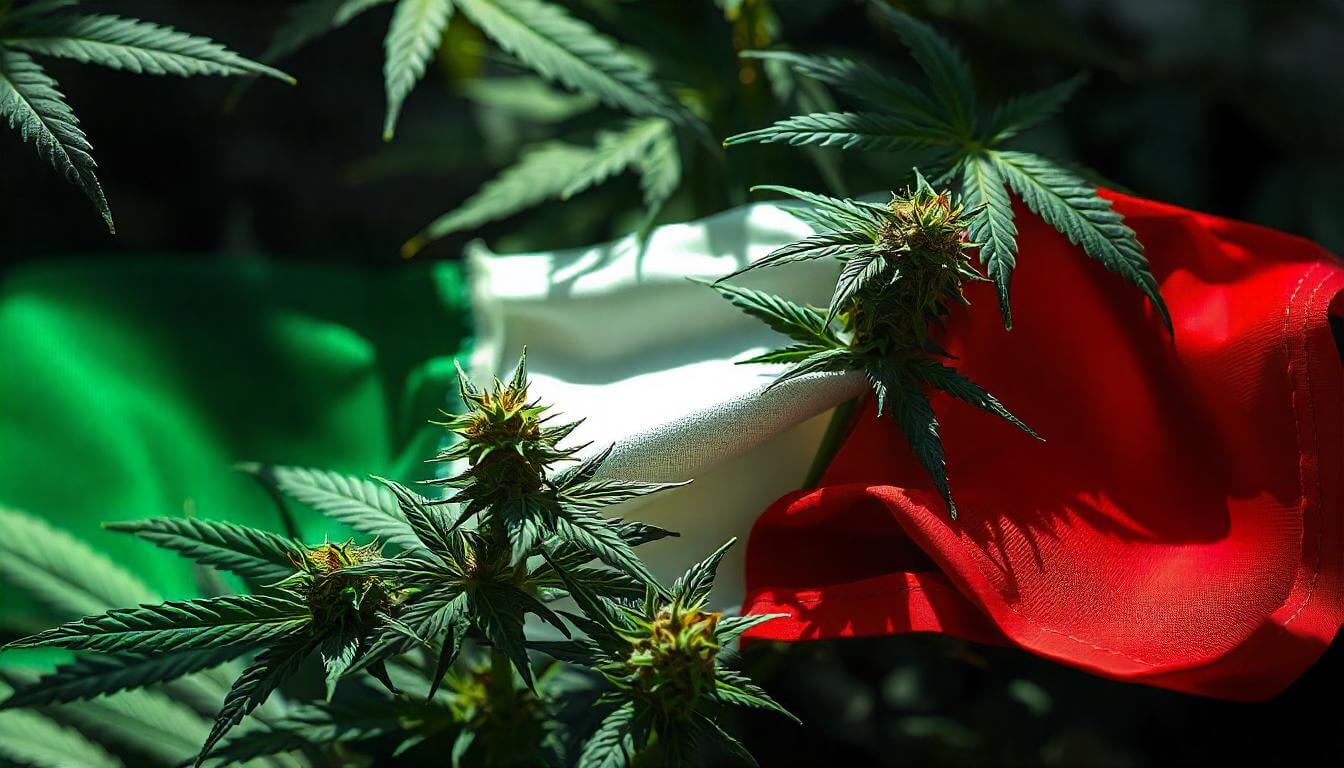The hemp industry in Italy is currently embroiled in a legal struggle with the government over regulations that threaten its very existence. With recent court decisions providing temporary relief, stakeholders continue to push back against measures they believe lack scientific justification and could cause significant damage.
Legal actions and court rulings
The Italian hemp sector, already facing numerous challenges, recently witnessed a pivotal moment when the TAR of Lazio temporarily suspended a decree that sought to classify CBD oil as a narcotic substance. This suspension came after several industry players, including Canapa Sativa Italia and Giantec Srl, filed a legal challenge. Their appeal argued that the government’s efforts lacked concrete scientific evidence, making the restrictions unjustified.
This decision followed a series of previous legal battles where courts had similarly rejected such classifications due to insufficient proof of potential health risks. Notably, the court considered various expert testimonies, including insights from Professor Ciallella, former Director of Forensic Medicine at La Sapienza University, who emphasized that CBD does not exhibit addictive or psychoactive effects. While this suspension offers temporary respite, the final verdict awaits a full judicial review.
Press conference reflects industry’s concerns
A united front of agricultural associations and hemp industry representatives held a press conference at the Chamber of Deputies on September 10 to voice their objections to the proposed legislative changes. The new amendments, integrated into Italy’s Security Bill, aimed to severely restrict the hemp industry by reclassifying hemp inflorescences and related products under narcotic laws. Participants at the conference highlighted that these measures were in conflict with EU law and lacked any substantial legal-scientific foundation.
Speakers stressed the economic and social repercussions of such stringent regulations during the event. Fabrizio Dentini, an Italian journalist, pointed out that these policies risk isolating Italy within the European market, impacting thousands of operators who contributed to the growth of the European CBD flower market. Leaders from key groups like Canapa Sativa Italia and Copagri urged the government to reconsider, emphasizing the innovative and fast-growing nature of the hemp sector and the dire consequences of ideological policy-making.
Protests amplify opposition
Parallel to the press conference, the Italian General Confederation of Labour, representing millions of members, organized a protest outside the Brindisi Prefecture office. The demonstration underscored the broad-based resistance against the proposed amendments, reflecting widespread concern across different segments of society. Union leaders and industry advocates delivered passionate speeches, calling for the protection of their livelihoods and recognizing hemp’s economic potential.
This coalition between trade unions and industry organizations illustrates the high stakes involved. As Tommaso Battista, President of Copagri, articulated, the legislative changes represent a regulatory shift and a profound threat to an emerging and dynamic sector. Mattia Cusani of Canapa Sativa Italia echoed this sentiment, framing the issue as an existential battle to overcome outdated prejudices and secure a viable future for industrial hemp in Italy.





